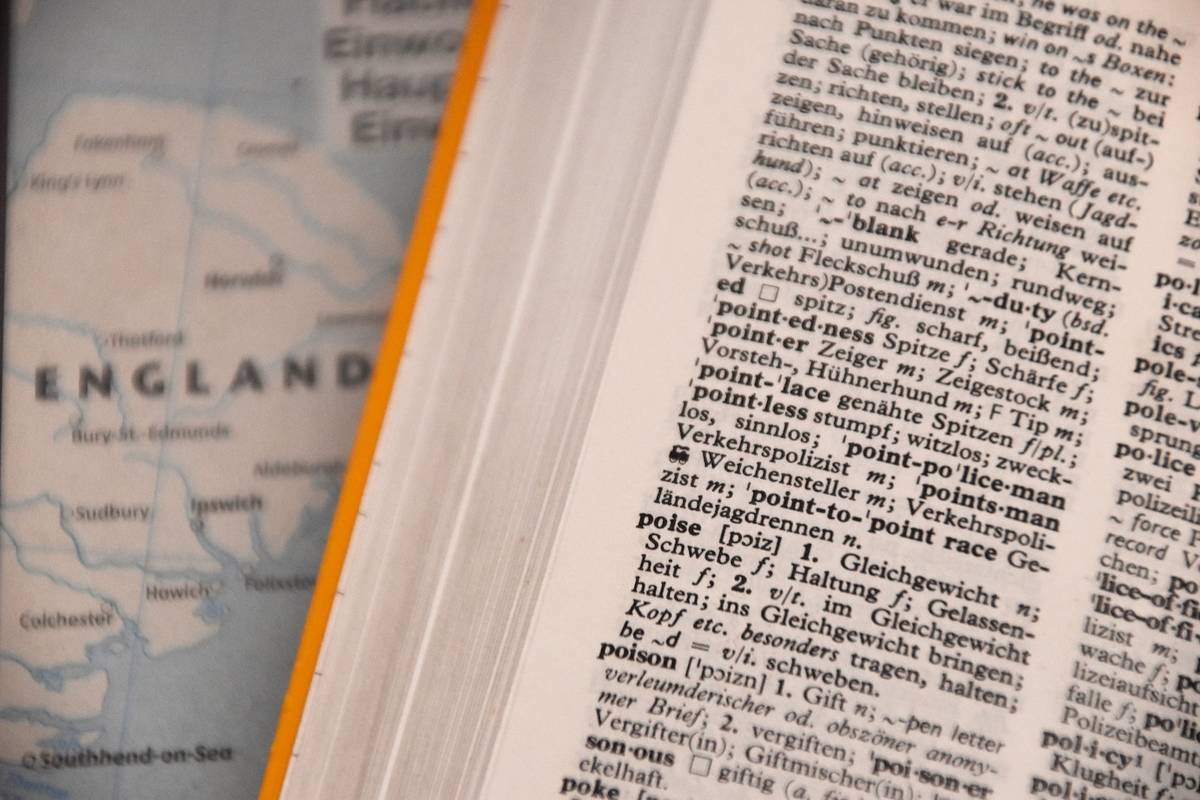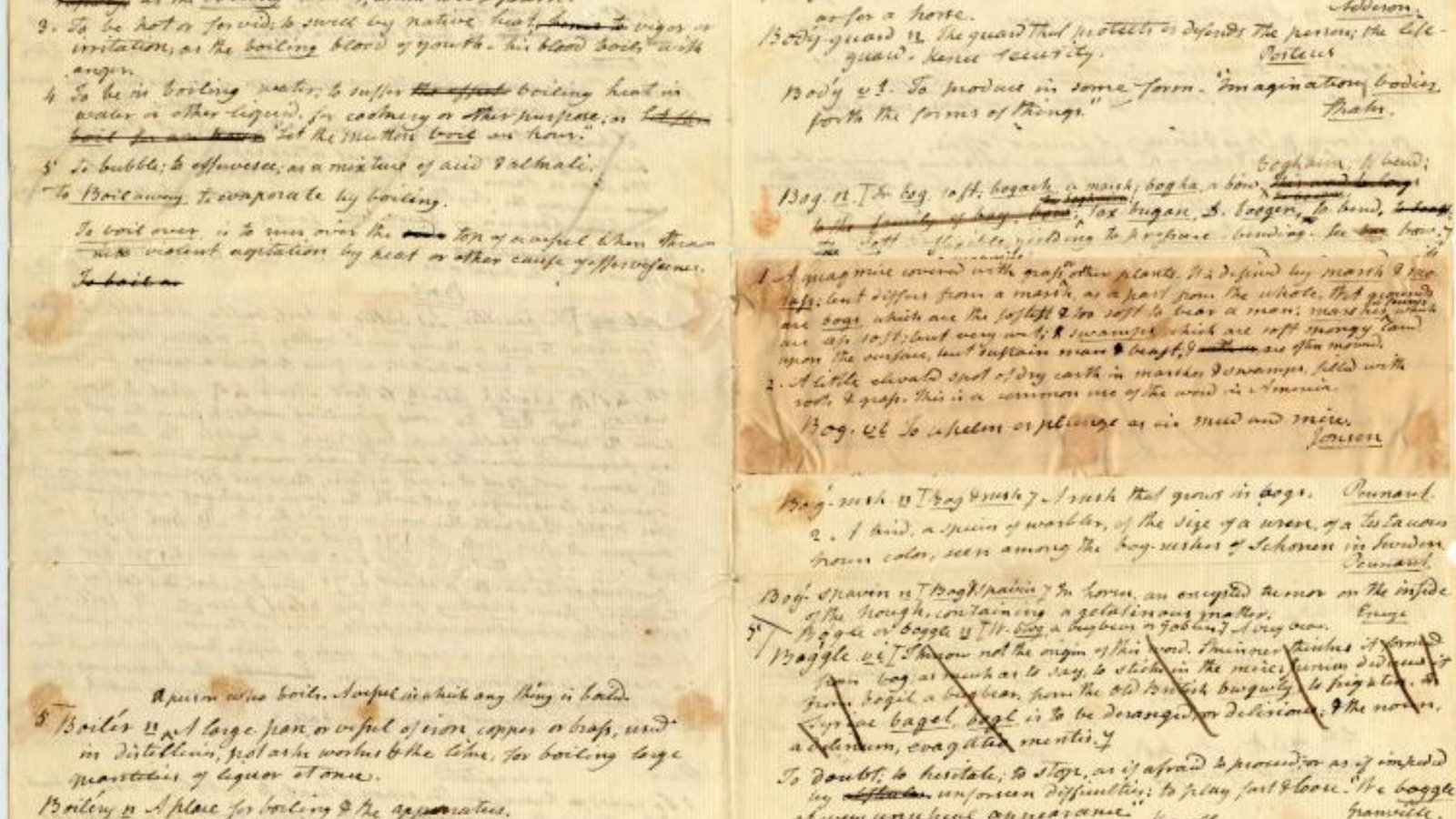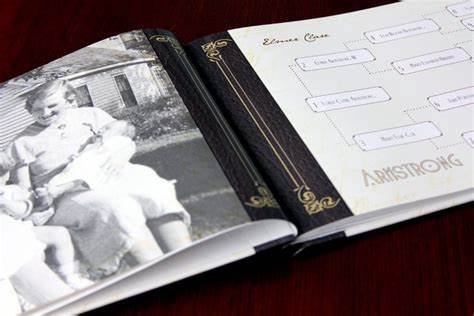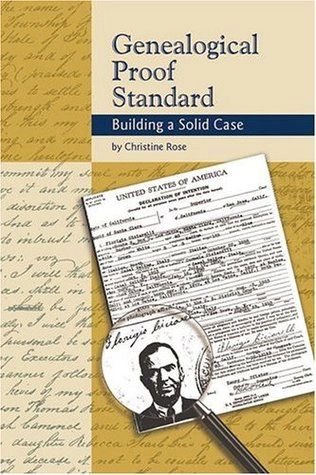Starting your genealogical journey can be exciting, but it often involves coming across unfamiliar words and terms. This is where the best genealogical dictionaries for beginners come in handy. These dictionaries provide simple definitions and explanations of genealogical terms, helping you understand records and documents as you trace your family history. In this article, we’ll explore some of the top dictionaries and how they can make your research easier.
Why Best Genealogical Dictionaries for Beginners Are Essential
As a beginner, you may be unfamiliar with many of the terms you come across in your family history research. Whether you’re reading old census records, wills, or family letters, you will often find words that are no longer in common use today. This can make it hard to fully understand the information.
The best genealogical dictionaries for beginners are an essential tool because they offer quick and clear definitions of these confusing terms. With a genealogical dictionary, you’ll feel more confident as you navigate through records and learn about your ancestors. These dictionaries often include explanations of occupations, historical terms, and place names that will help you unlock the secrets of your family’s past.
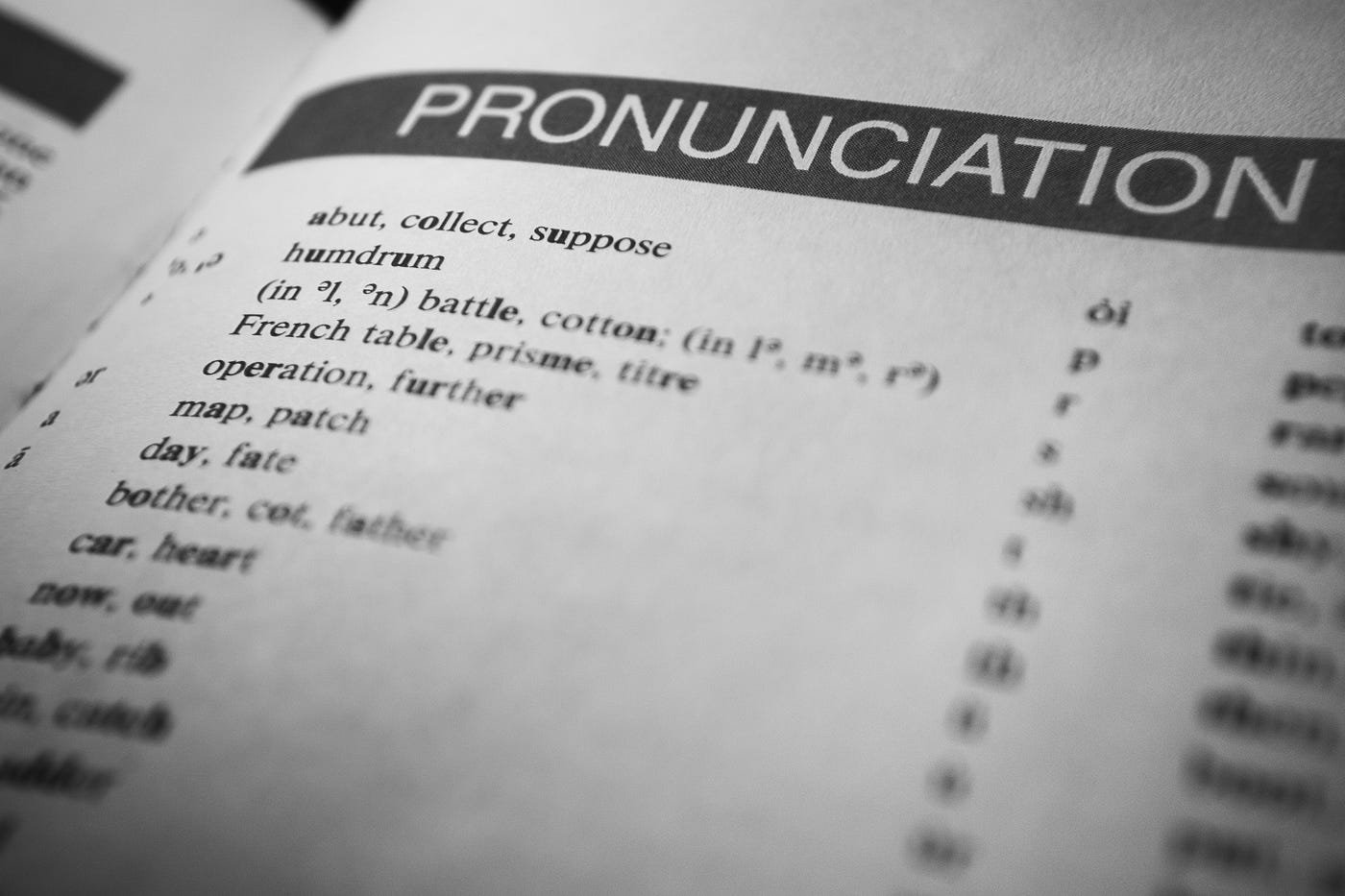
Top Genealogical Dictionaries for Beginners to Help You Get Started
- The Online Dictionary of Genealogy
One of the best genealogical dictionaries for beginners is The Online Dictionary of Genealogy by Tony Burroughs. This free online dictionary is a great starting point for new researchers. It includes simple and easy-to-understand definitions of over 2,000 terms, making it perfect for beginners.
The dictionary covers everything from common genealogy terms to more specialized words you may come across while researching. It’s available online, so you can access it anytime, whether you’re at home or on the go. This resource also provides explanations in context, which can help you understand how terms were used historically.
- Genealogy.com’s Genealogy Dictionary
Another excellent choice for beginners is the Genealogy.com Genealogy Dictionary. This dictionary is available on the Genealogy.com website and offers definitions for hundreds of genealogy-related terms. It’s especially useful for understanding terms found in records like census documents, wills, and land deeds.
The Genealogy.com Genealogy Dictionary is written in simple language, making it perfect for new researchers. The website also offers additional resources and articles, which can help deepen your understanding of genealogy as you continue your research journey.
- The Oxford Dictionary of Family Names
If you’re interested in learning more about surnames, The Oxford Dictionary of Family Names is a fantastic resource. This dictionary includes the origins and meanings of thousands of family names, making it especially useful for beginners who are trying to understand the history behind their own surname.
The dictionary provides information about the geographical regions where names originated and any historical significance tied to them. This tool will help you learn about the people and places linked to your family name, providing a richer context to your genealogical research.
- A Dictionary of Genealogy by W. H. B. Aird
Another great option for beginners is A Dictionary of Genealogy by W. H. B. Aird. This book provides clear definitions of over 5,000 genealogical terms. It’s perfect for those who prefer a printed resource and want a comprehensive reference guide.
The dictionary is especially helpful for understanding terms related to British genealogy, but it also covers many common terms used worldwide. With this dictionary, you can easily decode complicated language and enhance your understanding of the records you find.
- FamilySearch Wiki
While not a traditional dictionary, the FamilySearch Wiki is a helpful tool for beginners. It is a free online resource provided by FamilySearch, one of the largest genealogy websites. The wiki includes articles and definitions about common genealogy terms and research strategies.
The FamilySearch Wiki is a great resource for beginners because it covers a wide range of topics, from understanding genealogical records to decoding regional terminology. The articles are written in simple language, making them easy to follow for new researchers.
- RootsWeb Genealogical Dictionary
RootsWeb, part of the Ancestry.com family, offers a Genealogical Dictionary that is perfect for beginners. It includes over 1,000 genealogy-related terms with clear definitions. The dictionary covers terms related to records, research methods, and history.
RootsWeb is an excellent resource for new genealogists because it offers helpful articles, tips, and guides that can deepen your understanding of genealogy. The dictionary itself is easy to use, and many users find it helpful when searching through census records or parish registers.
- Dictionary of Genealogy Terms by Paul G. E. Clemens
Finally, the Dictionary of Genealogy Terms by Paul G. E. Clemens is another great resource for beginners. This book is designed to help new genealogists understand key terms used in genealogical research. It’s especially helpful for those researching family trees in the United States.
The dictionary offers clear definitions, and it also includes helpful illustrations that explain certain terms visually. If you’re looking for a more traditional book to add to your genealogy library, this one is a good choice for beginners.
How to Use Best Genealogical Dictionaries for Beginners in Your Research
To get the most out of these dictionaries, follow these tips:
- Keep the dictionary close: Always have your dictionary nearby when reading through genealogical records. Whether you’re working online or with physical documents, you can quickly look up unfamiliar terms.
- Take notes: If you come across a term you don’t understand, write it down and look it up in your dictionary. Keeping a list will help you keep track of the words you encounter.
- Use it to cross-reference: When you find a term in a record, check your dictionary for multiple definitions or variations. Some words might have different meanings depending on the time period or region.
Conclusion: Best Genealogical Dictionaries for Beginners Are Essential Tools
In conclusion, using the best genealogical dictionaries for beginners can make your research much easier and more enjoyable. With the help of dictionaries like The Online Dictionary of Genealogy and Genealogy.com’s Genealogy Dictionary, you can quickly decode confusing terms and better understand your family’s history.
Whether you’re just starting out or looking to expand your research, these dictionaries provide the tools you need to succeed. So, start using these valuable resources today and watch your genealogical knowledge grow!






